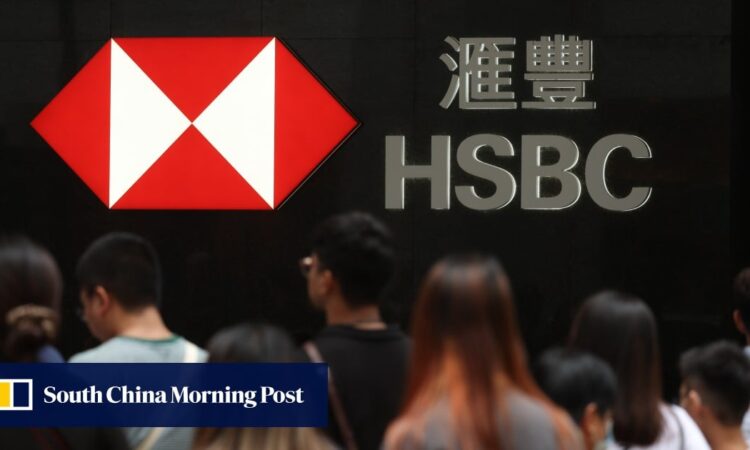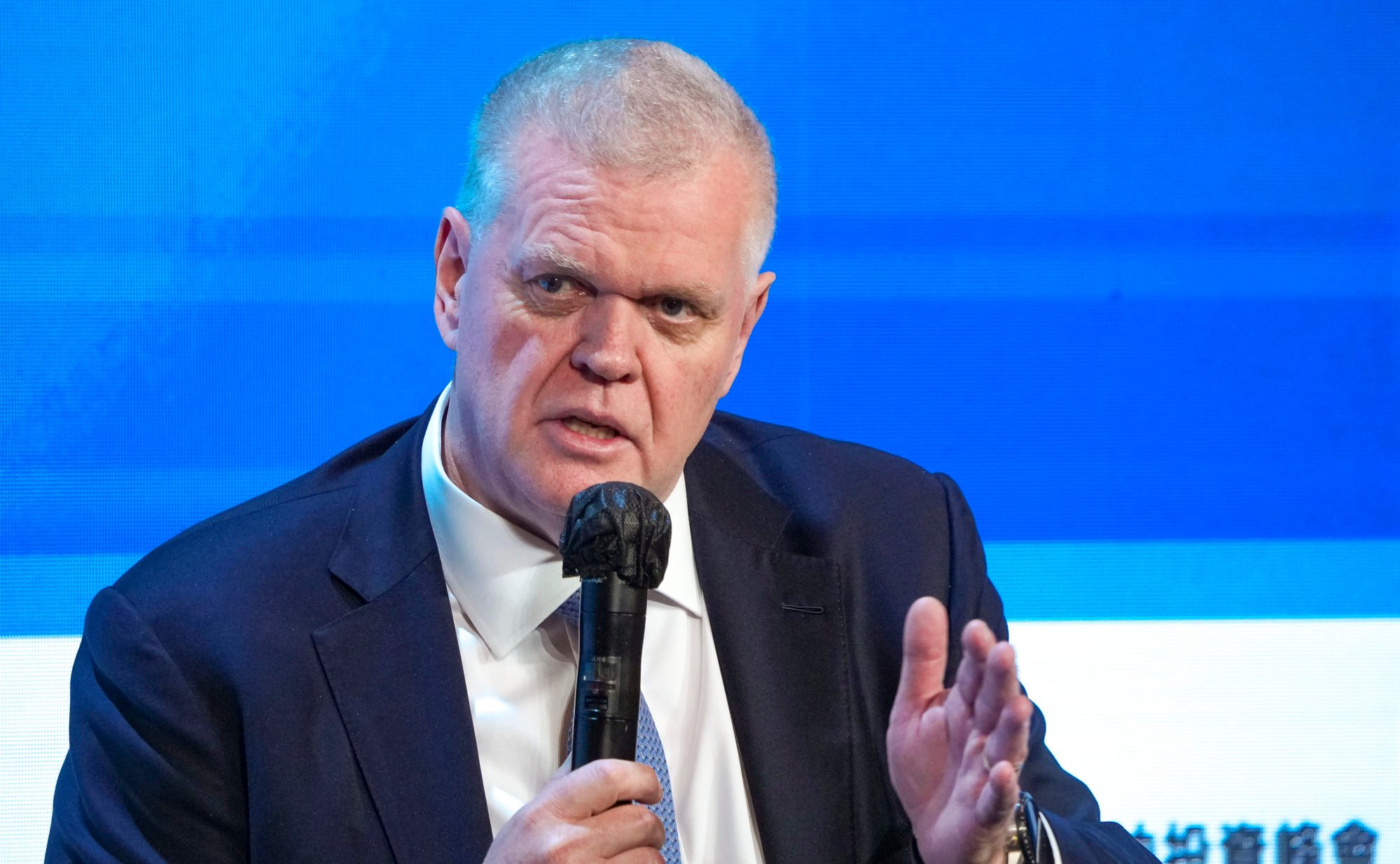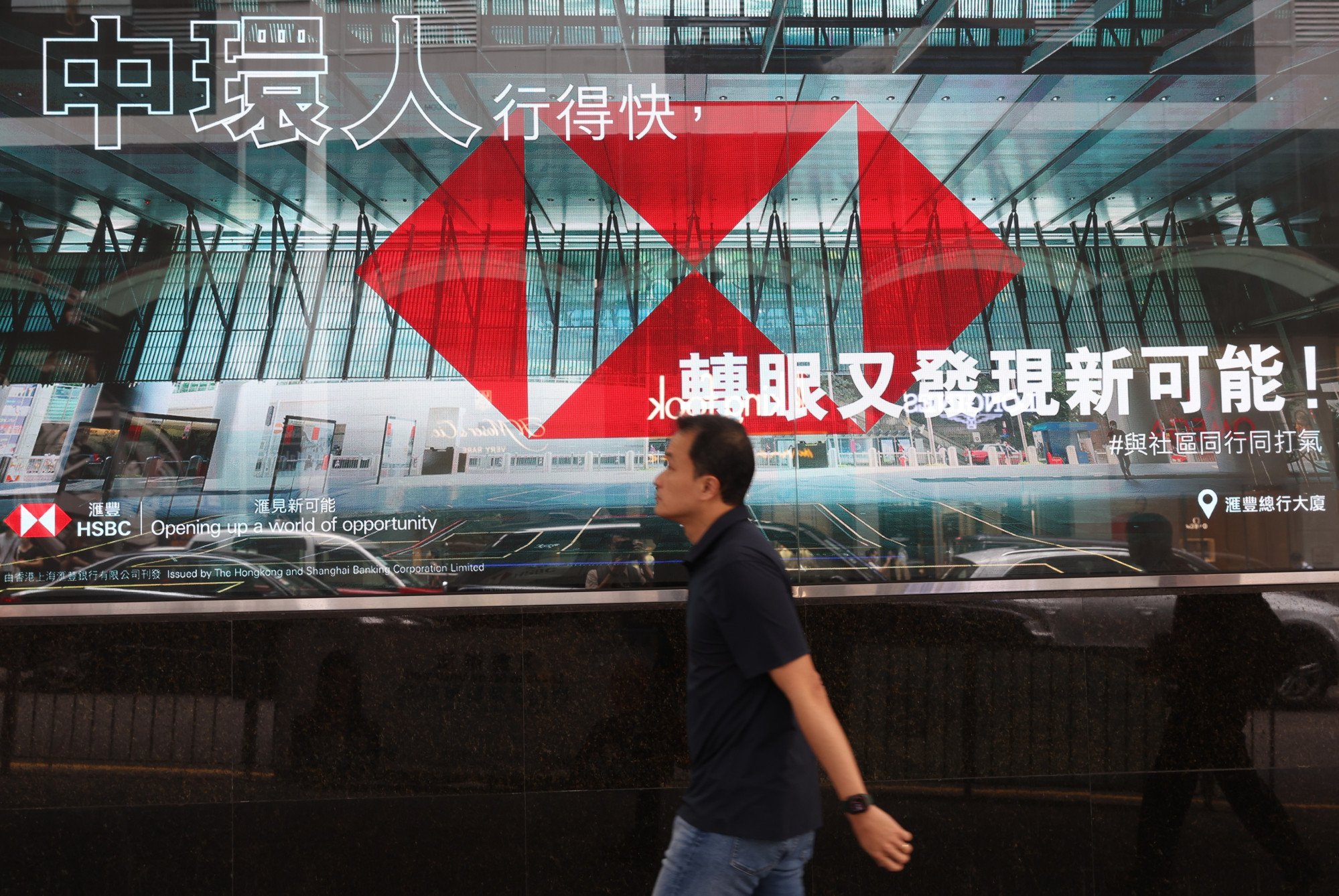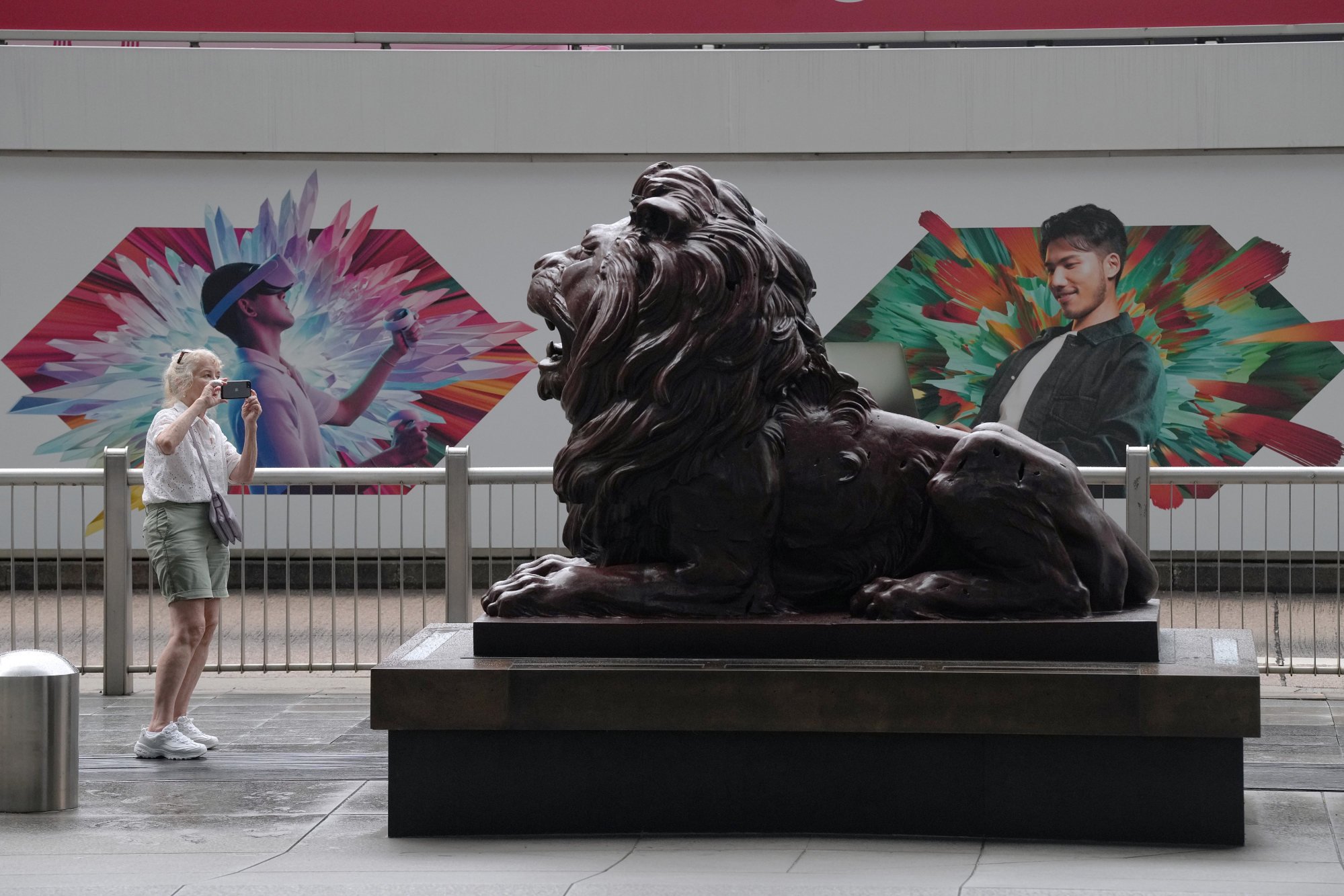HSBC reports 56% profit jump in 2023 but misses estimates; unveils US$2-billion new share buy-back programme, higher dividend

HSBC also announced a new US$2 billion share buy-back programme and a higher dividend of US$0.61 per share for the full year versus US$0.32 per share in 2022, increasing its dividend payout ratio to 50 per cent from 44 per cent in 2022 and 40 per cent in 2021.

In 2020, the lender had angered many Hong Kong retail investors after it had followed the instructions of the UK’s Prudential Regulation Authority and cancelled its final dividend for 2019 and suspended its dividend payment to ensure it had enough capital for tiding over difficult economic conditions during the pandemic.
The dividend suspension rankled HSBC’s large retail shareholder base in Hong Kong as many pensioners relied on its dividends for their regular income, and also ruffled feathers at its largest shareholder Ping An Insurance, which began calling for a spin off of the bank’s Asia business in 2022. A shareholders vote, conducted in May last year, did not support the spin off proposed by China’s biggest insurer.
HSBC finishes latest round of US$7 billion buy-back before 2023 profit report
HSBC finishes latest round of US$7 billion buy-back before 2023 profit report
Shareholders are now eyeing a board decision in the days ahead as the lender is considering a special dividend of US$0.21 per share in the first half of this year, upon completion of the sale of its Canadian banking business to Royal Bank of Canada.
“Our record profit performance in 2023 enabled us to reward our shareholders with our highest full-year dividend since 2008, three share buy-backs last year totalling US$7 billion, and a further share buy-back of up to US$2 billion,” said CEO Noel Quinn in a media briefing on Wednesday.
The bank said it expects to complete the buy-back by the time of its first quarter results announcement.
Quinn has a positive outlook on Hong Kong, and he reiterated this view when he was asked about a recent opinion piece by former Morgan Stanley chief economist Stephen Roach titled “It pains me to say Hong Kong is over”.
“I do not believe Hong Kong is over. I believe very strongly in Hong Kong remaining a dominant international financial centre in the world. We have a lot of confidence about the Hong Kong market,” Quinn said in the media briefing.
The lender’s pre-tax profit for the fourth quarter dropped 80 per cent to US$1 billion, mainly due to a US$3 billion impairment charge in its 19.03 per cent stake in mainland lender Bank of Communications (BoCom), based on a fall in its market value.
“The BoCom valuation adjustment of 3 billion is a technical accounting issue,” said chief financial officer Georges Elhedery said in a media call. “It does not have an impact on our ability to distribute dividends or fund share buy-backs. We remain very confident about the growth opportunities within China and we remain very comfortable with our relationship with BoCom.”
The earnings also included credit impairments of US$1 billion related to potential soured loans in its Chinese real estate portfolio.

“We certainly have less concerns at this stage than we had in 2023. We believe the sector has turned the corner, and our level of provision now is comfortable,” he said.
HSBC’s shares fell 3.8 per cent to close at HK$60.25 on Wednesday, underperforming the benchmark Hang Seng Index which rose 1.6 per cent.
Morgan Stanley analyst Nick Lord lowered his earnings per share estimates for the current year by 4.3 per cent and for 2025 by 5 per cent and said in a note the decision was “mainly driven by lower net interest income and higher cost forecasts, only partly offset by higher non-interest income forecasts”. But he left his price target forecast unchanged at HK$79.20, representing an upside of 30 per cent from the current levels.
The London-based bank, one of Europe’s largest by assets, generates much of its revenue from Asia, particularly Hong Kong which is its single largest market.

HSBC’s Hong Kong operations along with its subsidiary Hang Seng Bank, made a profit of US$10.67 billion, an increase of 80 per cent year on year, Quinn said while making a point about the city’s strong wealth and investment businesses.
Total revenue of the group rose by 30 per cent to US$66.1 billion. Net interest margin (NIM), an important measure of profitability, rose 24 basis points year on year to 1.66 per cent in 2023.
The lender will continue pursuing mergers and acquisitions as a business expansion strategy this year, Elhedery said. HSBC bought Citigroup’s wealth business in the mainland last October and also acquired the UK unit of Silicon Valley Bank (SVB) in March.
Citi Research analyst Andrew Coombs said that although HSBC’s pre-tax profit was below consensus, the revenue is in line with market estimates, with the provisions made for the Chinese real estate losses lower than the market expected. “Reported results are complicated by a series of one-offs,” he said in a note after the results announcement. “The 2024 outlook is weaker than consensus on banking net interest income, but broadly in-line on costs, impairments and return on tangible equity.”





